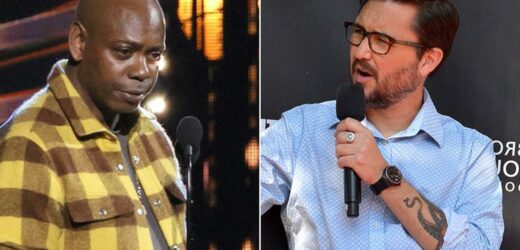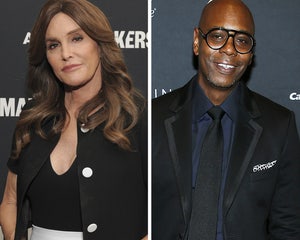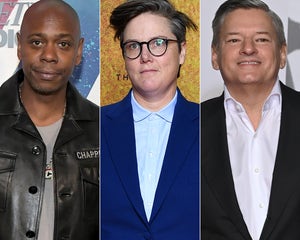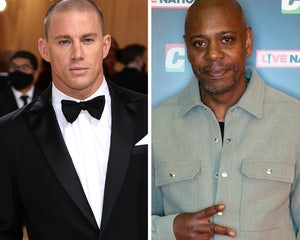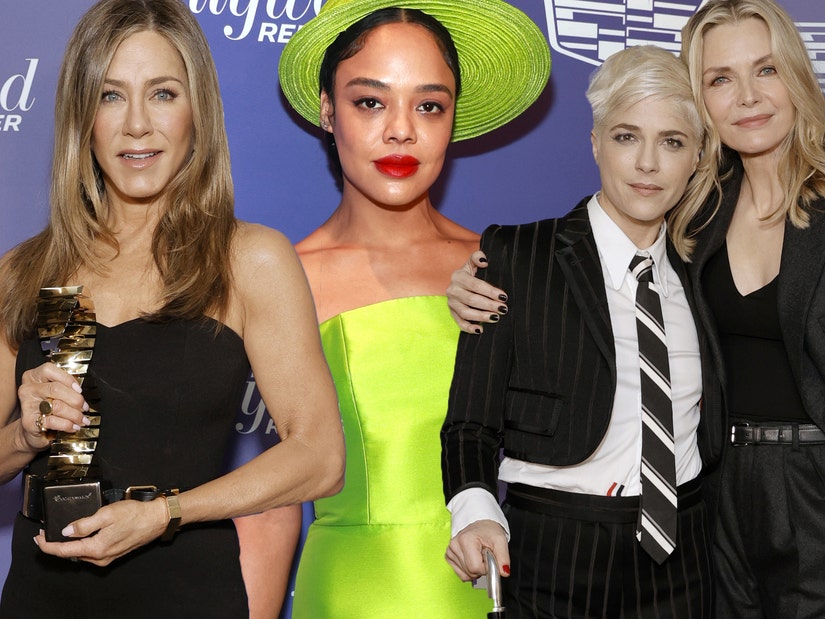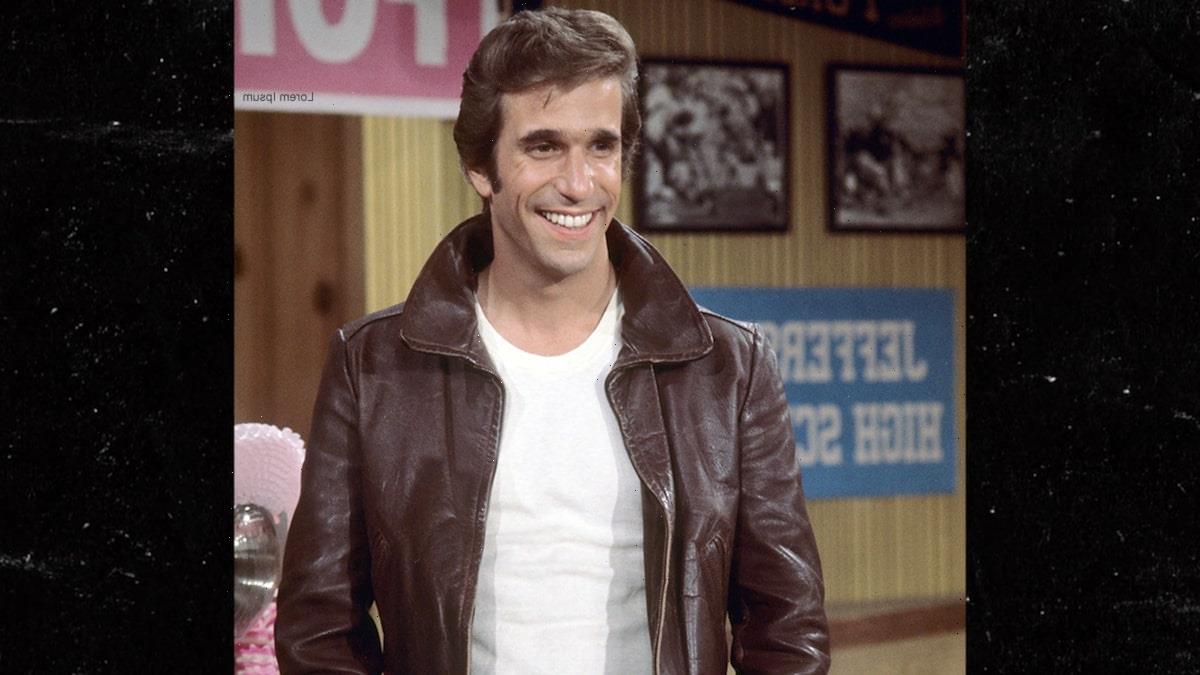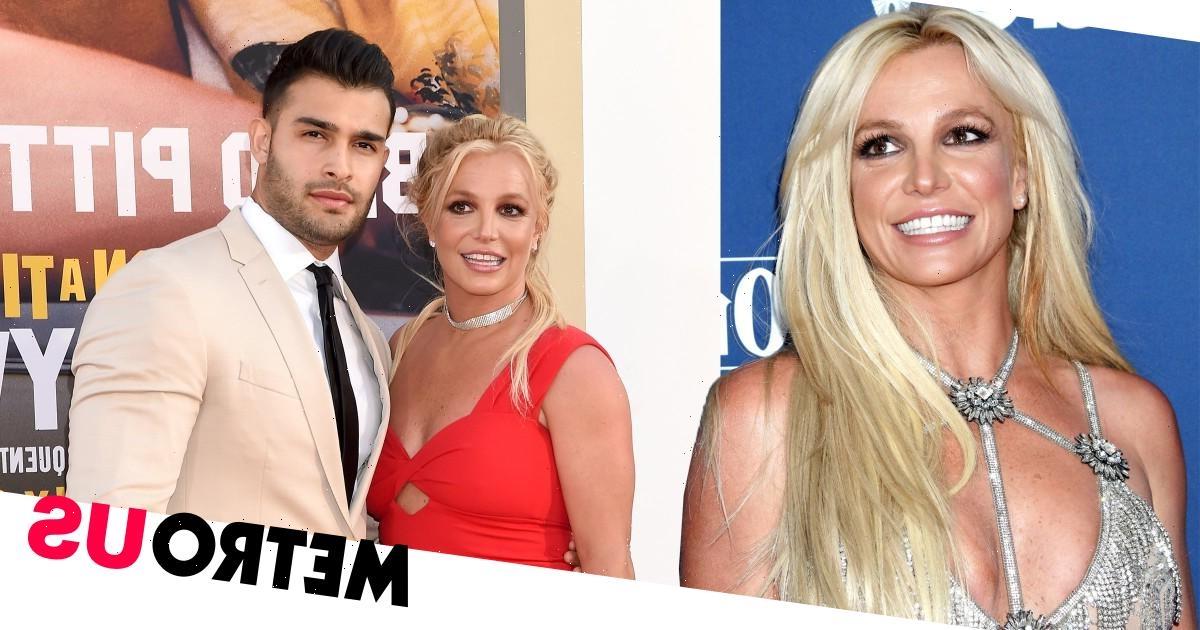Wheaton admits he was influenced by homophobic jokes in one of the most famous standup routines of all time: "All of it was cruel. All of it was bigoted. All of it was punching down. And I didn’t know any better."
As the controversy surrounding Dave Chappelle’s transphobic jokes continues to swirl around the comedian and Netflix and the comedy community at large, an unlikely voice just waded into the maelstrom with a powerful message from personal experience.
Wil Wheaton is best known for his work on “Star Trek: The Next Generation,” and perhaps as a fictionalized version of himself on “The Big Bang Theory.” But he’s also a deeply heartfelt individual who found a whole new life in the nascent internet.
Caitlyn Jenner Defends Dave Chappelle Amid Netflix Special Controversy
In part, that came because he was never afraid to be painfully blunt, vulnerable and honest with his fans. And that’s exactly what he did in trying to explain just why Chappelle’s jokes are so problematic and even dangerous.
He did so by sharing a painful story to his Facebook page from his own youth where he has to own the bigotry he displayed as a teenager, the homophobia that was influenced, at least in part, by the biggest standup comedian of his day, just as Chappelle has been the biggest of his.
In Wheaton’s case, the comedian was Eddie Murphy and the standup routine was his infamous “Delirious” album, one of the most successful and influential comedy albums of all time, it turns out it’s also deeply homophobic.
But as Wheaton writes in a powerful essay, for a cishet white male living in a bubble of privilege and ignorance, it was just deeply funny. As a teenager, he didn’t see at all how dangerous it was that Murphy was throwing the f-word around so freely, though he now describes the jokes as “just f—— appalling and inexcusable.”
Hannah Gadsby Trashes Netflix CEO Ted Sarandos for Citing Her In Dave Chappelle Defense
“All of it was cruel. All of it was bigoted. All of it was punching down. And I didn’t know any better,” wrote Wheaton. “I accepted the framing, I developed a view of gay men as predatory, somehow less than straight men, absolutely worthy of mockery and contempt. Always good for a joke, though.”
“Let me put this another way,” Wheaton continued. “A comedian who I thought was one of the funniest people on the planet totally normalized making a mockery of gay people, and because I was a privileged white kid, raised by privileged white parents, there was nobody around me to challenge that perception. For much of my teen years, I was embarrassingly homophobic, and it all started with that comedy special.”
That manifested in a story Wheaton shared about a time he met a group of guys on the hockey rink and enjoyed a great time with them. Afterward, in the locker room, in an attempt to be one of the guys, he dropped the f-word on them — only to find out that every single one of them was gay.
Channing Tatum Speaks Out On Dave Chappelle Controversy
In his embarrassment, he refused to apologize, even as he said he wanted to then and still wishes he could now. Instead, he lied and pivoted and wound up leaving in shame and embarrassment. He’s embarrassed now by his behavior then.
He can’t help but see the possibility that others, and particularly young people, might respond to Chappelle’s transphobic jokes in much the same way he responded to Murphy’s homophobic jokes. They might internalize them, normalize them and be influenced toward bigotry and transphobia.
“So this stuff that Chapelle did? That all these Cishet white men are so keen to defend?” wrote Wheaton. “I believe them when they say that it’s not a big deal. Because it’s not a big deal TO CISHET WHITE DUDES.”
“But for a transgender person, those ‘jokes’ normalize hateful, ignorant, bigoted behavior towards them,” he continued. “Those ‘jokes’ contribute to a world where transgender people are constantly under threat of violence, because transgender people have been safely, acceptably, dehumanized.”
Source: Read Full Article
